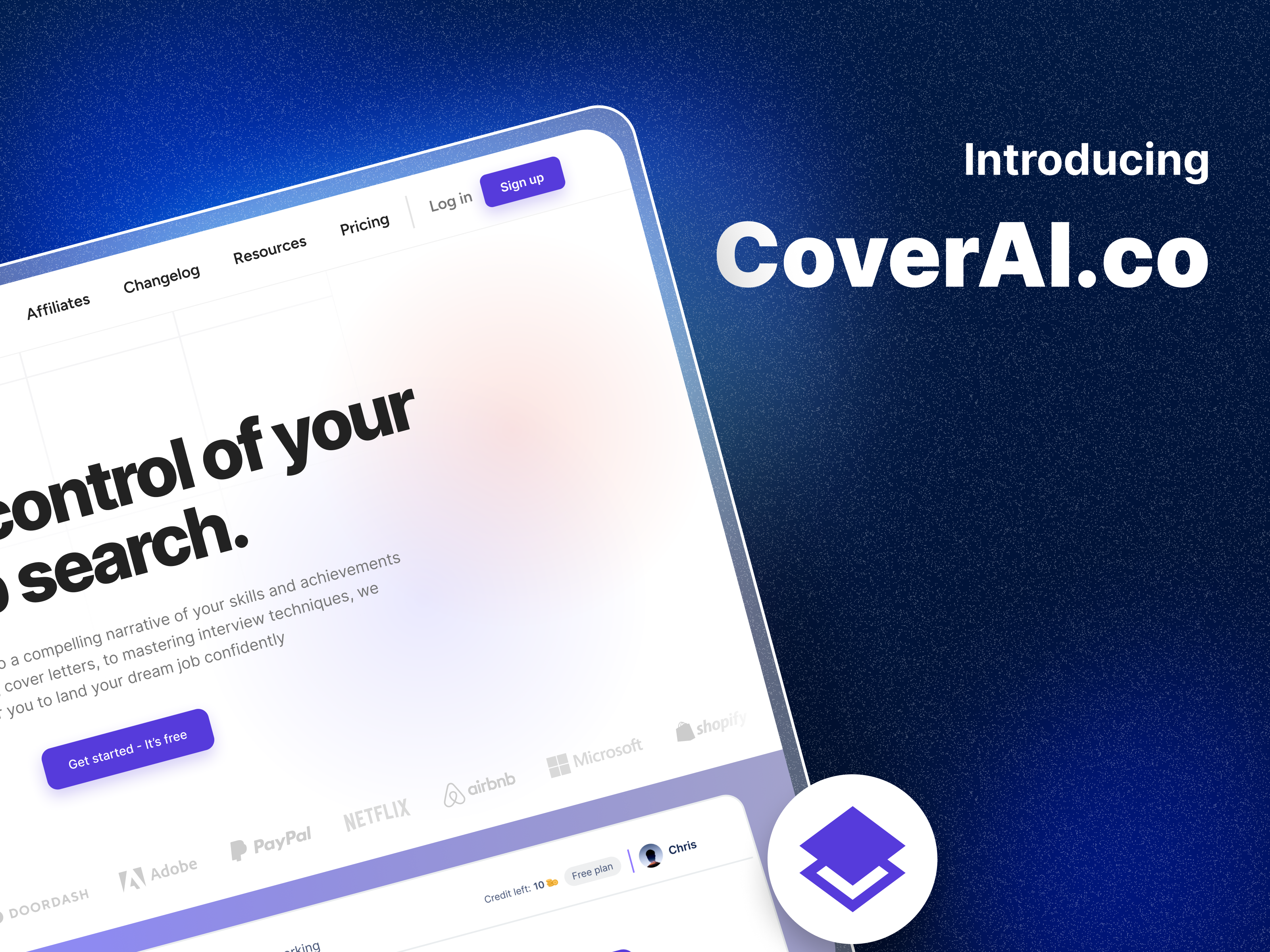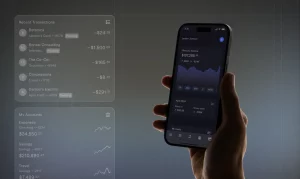Writesea, a New York company, acquired 3-month-old Nigerian AI startup CoverAI for a five-figure dollar deal.
Writesea, a New York-based firm specialising in white-label services for recruitment marketplaces, has acquired the three-month-old Nigerian AI startup, CoverAI. Chris Adolphus, CoverAI’s founder, told TechCabal that he received 12 bids for his startup on the startup marketplace Acquire.com but chose to sell to Writesea. While he said the acquisition was a five-figure cash deal, he declined to share the specific transaction value. One source estimated the deal value to be less than $50,000.
CoverAI’s technology is based on OpenAI’s large language model and can create or revamp any CV within minutes; it uses a freemium model where customers can optimise their CV and get a cover letter for free. To access more features like interview preparation and job application tracking, customers then choose from one of three subscription tiers: a $5 basic plan, a $7 premium plan, and a $15 lifetime plan.
Adolphus claims the app gained 13,000 organic customers and that “selling the startup was the plan from day 1, but it could have easily been a six-figure deal, considering the tech we built.” Writesea declined to comment on the deal, but Adolphus told TechCabal that he believes Writesea has the competence and experience it takes to take CoverAI to the next level.
[ad]CoverAI remained a bootstrapped company for the three months of its existence, with the founder spending $386 to get it off the ground. That’s a pittance compared to the $1,265 Lotanna Ezeike, the founder of Bible Buddy, an AI-powered chatbot, spends on OpenAI credits monthly. Running apps on GPT4 can get expensive really quickly, depending on the number of words OpenAI processes and the length of the responses it provides. The mathematics of it looks like this: every word that the user prompts the application with is tokenised, and each token costs about $0.003 (often 75 cents per word.)
To control costs, every time users typed a prompt into CoverAI, the app used an intermediary layer to summarise the prompt. But when the app added a feature that allowed users to chat with an AI bot, the cost of tokens went up. Long conversations used up more words and required more tokens.
Although this is the first startup he has sold, Adolphus is concurrently managing his crypto project and a subscription-based design studio and says that he is already building another AI product for his next acquirer. “This new one would be more capital-intensive than CoverAI, as I would be doing paid marketing, using more third-party apps, and using OpenAI’s imaging. But this time I plan to exit with $200,000 within 6 months,” he said.





















